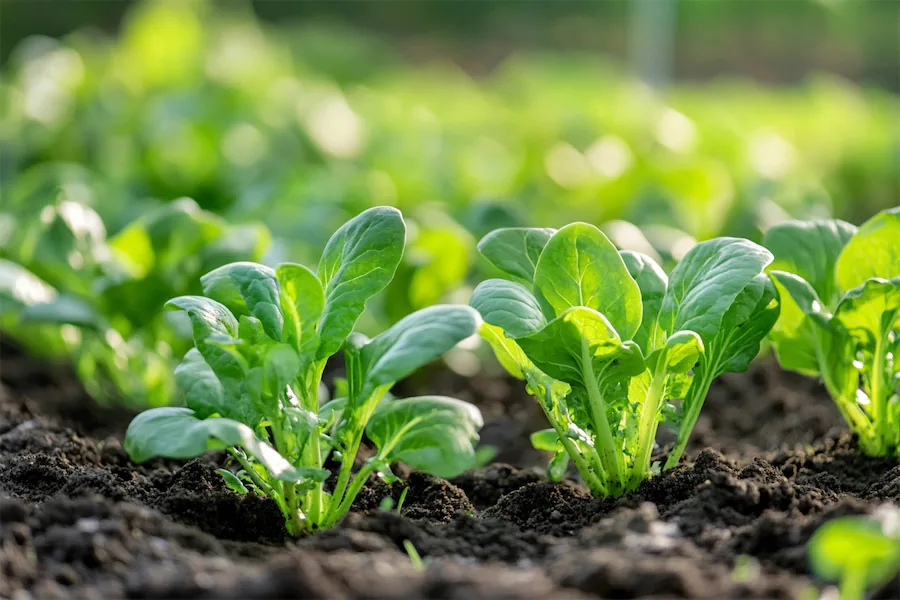An organic garden is cultivated using natural processes and materials, avoiding synthetic chemicals to promote a balanced ecosystem. This approach fosters healthy soil, plants, and beneficial organisms, contributing to a sustainable environment.
History and Origins of Organic Gardening
Organic gardening practices have been integral to agriculture for centuries, relying on natural methods for soil fertility and pest management. The modern organic movement gained momentum in the 20th century as a response to the increasing use of synthetic fertilizers and pesticides, emphasizing the importance of ecological balance and environmental health.
Key Features of an Organic Garden
- Soil Health: Maintaining fertile soil through composting and the use of organic matter is fundamental. Healthy soil supports robust plant growth and resilience against diseases.
- Biodiversity: Cultivating a variety of plants encourages beneficial insects and wildlife, creating a self-regulating ecosystem.
- Natural Pest Management: Utilizing companion planting and attracting natural predators helps control pest populations without chemicals.
- Water Conservation: Implementing efficient irrigation methods and mulching reduces water usage and preserves soil moisture.
Applications of Organic Gardening
- Home Gardens: Individuals grow organic fruits, vegetables, and herbs, ensuring access to fresh, chemical-free produce.
- Community Gardens: Shared spaces where communities engage in organic farming, promoting local food security and education.
- Urban Agriculture: Utilizing rooftops, balconies, and vacant lots for organic cultivation contributes to urban sustainability.
Considerations When Starting an Organic Garden
- Site Selection: Choose a location with adequate sunlight and good drainage to support healthy plant growth.
- Soil Preparation: Test soil pH and nutrient levels, amending with organic compost to create optimal growing conditions.
- Plant Selection: Opt for native or well-adapted plant species that thrive in your local climate, reducing the need for interventions.
- Maintenance: Regularly monitor plant health, manage weeds through mulching or manual removal, and rotate crops to maintain soil fertility.
Conclusion
Embracing organic gardening practices leads to healthier plants and contributes to environmental conservation. By working in harmony with nature, gardeners can create productive and sustainable green spaces that benefit both people and the planet.
